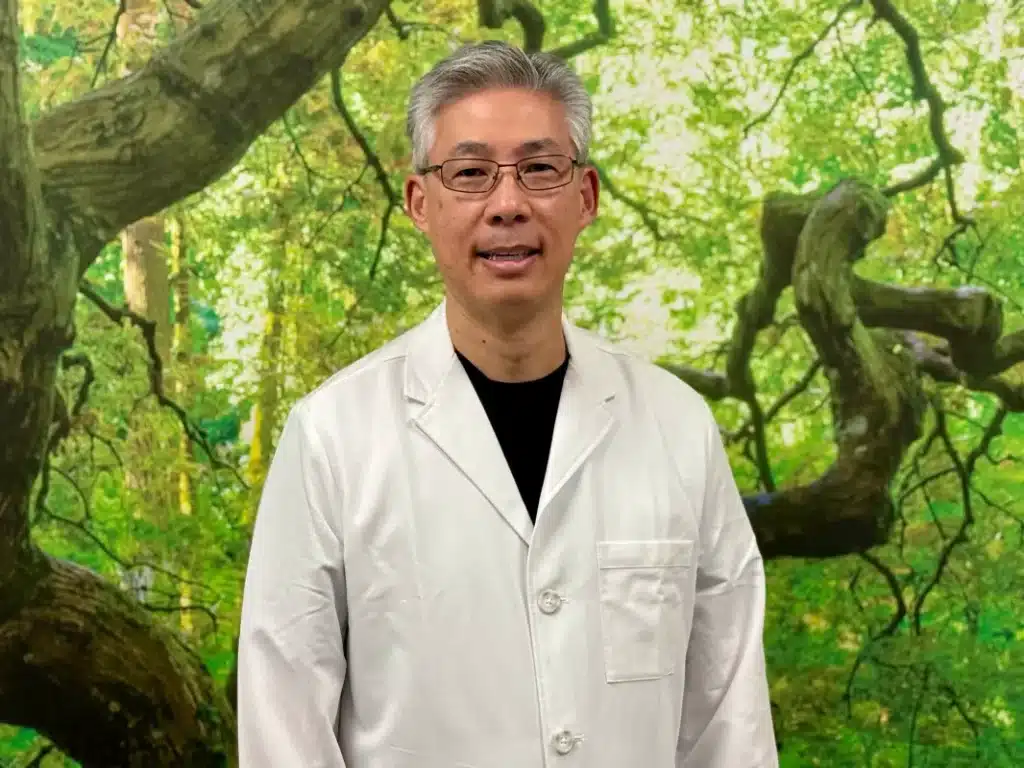Signs You Have Depression
You get sad, that’s normal. But you’ve also noticed months-long changes in eating habits and sleep patterns; you’re easily agitated and get angry quickly – and those may be early signs of depression. More than 17 million U.S. adults suffer from depression, but knowing its symptoms is a critical step in getting treatment.
What Is Depression?
“Depression is a mood disorder that causes a persistent feeling of sadness and loss of interest. Also called a major depressive disorder or clinical depression, it affects how you feel, think, and behave and can lead to a variety of emotional and physical problems. You may have trouble doing normal day-to-day activities, and sometimes you may feel as if life isn’t worth living.”
Depression isn’t a moral failure or something you can sweep under the bed.
What Causes Depression?
- Doctors have observed physical differences in the brains of people with depression. The magnitude of these changes is still unclear but may ultimately help identify causes.
- Brain chemistry and faulty neurotransmitters are known as glutamate, which helps transmit pain signals and communicate with cells throughout the body.
- Changes in hormones, which may explain depression cases in women during and after pregnancy.
- Genetics, as depression is more common if you have a blood relative with the condition.
Are There Risk Factors?
- Certain personality traits, including low self-esteem.
- You experienced trauma or stressful events, like physical abuse, death in your family, relationship issues, or money worries.
- Someone in your family had a mental illness, alcoholism, or suicidal tendencies.
- Sexual orientation or gender issues without being in a supportive situation.
- You suffer from other mental health ailments, including another mood disorder or post-traumatic stress disorder.
- Another risk factor for depression is abusing alcohol or recreational drugs.
- Major life changes.
Tips For Finding Treatment
One of the most important factors in treating depressive symptoms is finding a doctor or therapist you can trust and therapy options you’re comfortable with. When searching for professional help:
- Don’t be afraid to ask about expertise or experience in diagnosing and treating depression.
- Always ask about the kinds of treatment they recommend or have worked within the past.
- Ask how your progress will be evaluated.
Finally, continue looking for a treatment that’s right for you.
Signs You Have Depression
Everyone reacts to depression in ways that are unique. How you react could be a product of your personality, overall health, and other factors. Many signs and symptoms of depression respond favorably to conventional therapy, but if you suffer from long-term or treatment-resistant depression, your healthcare provider may recommend ketamine infusion therapy for your depression treatment. Only a doctor or mental healthcare specialist can accurately diagnose a case of depression, but there are things you can watch for on your own.
Signs to watch for:
- You have little interest or pleasure in things you used to enjoy doing.
- You may feel sad, lonely, or have low moods.
- You have trouble sleeping – either sleeping too little, or not enough, or have disruptions in sleeping patterns.
- You’re wracked by fatigue and have low energy.
- Another sign to watch for changes in eating habits or weight. If you’re depressed, you may binge eat and gain weight; or you may skip meals and lose weight.
- You feel bad about yourself and guilty that you let someone down – even when you didn’t.
- Things like enjoying a book, finishing a crossword puzzle, or watching the news take immense effort to focus and concentrate.
- You speak or move slowly to the point someone else notices your actions.
- You think others would be better off if you were dead and harbor suicidal thoughts.
- You may find yourself suffering from unexplained physical problems, headaches or migraines, or gastrointestinal difficulties.
- Angry outbursts or becoming easily irritated.
Diagnosis & Treatment
Depression can coexist with other medical or mental health conditions. It could be paired with heart disease, cancer, or another mental health condition like bipolar disorder. The first step in managing your condition is early diagnosis and finding the right treatment for your condition.
A diagnosis happens after a thorough mental health assessment and medical examination has been done, either by a medical doctor or mental healthcare professional using tests and diagnostic procedures. Symptoms are then compared to criteria in the Diagnostic and Statistical Manual of Mental Disorders, Fifth Edition. Treatment may include psychotherapy, self-help, medicine, or ketamine infusion therapy.
Final Thoughts
Depression is a serious mental health issue affecting nearly 300 million people worldwide. It casts a heavy net, but it doesn’t need to control your life. If you suffer from depression, contact us today to learn how we can help you find relief from your depression.

